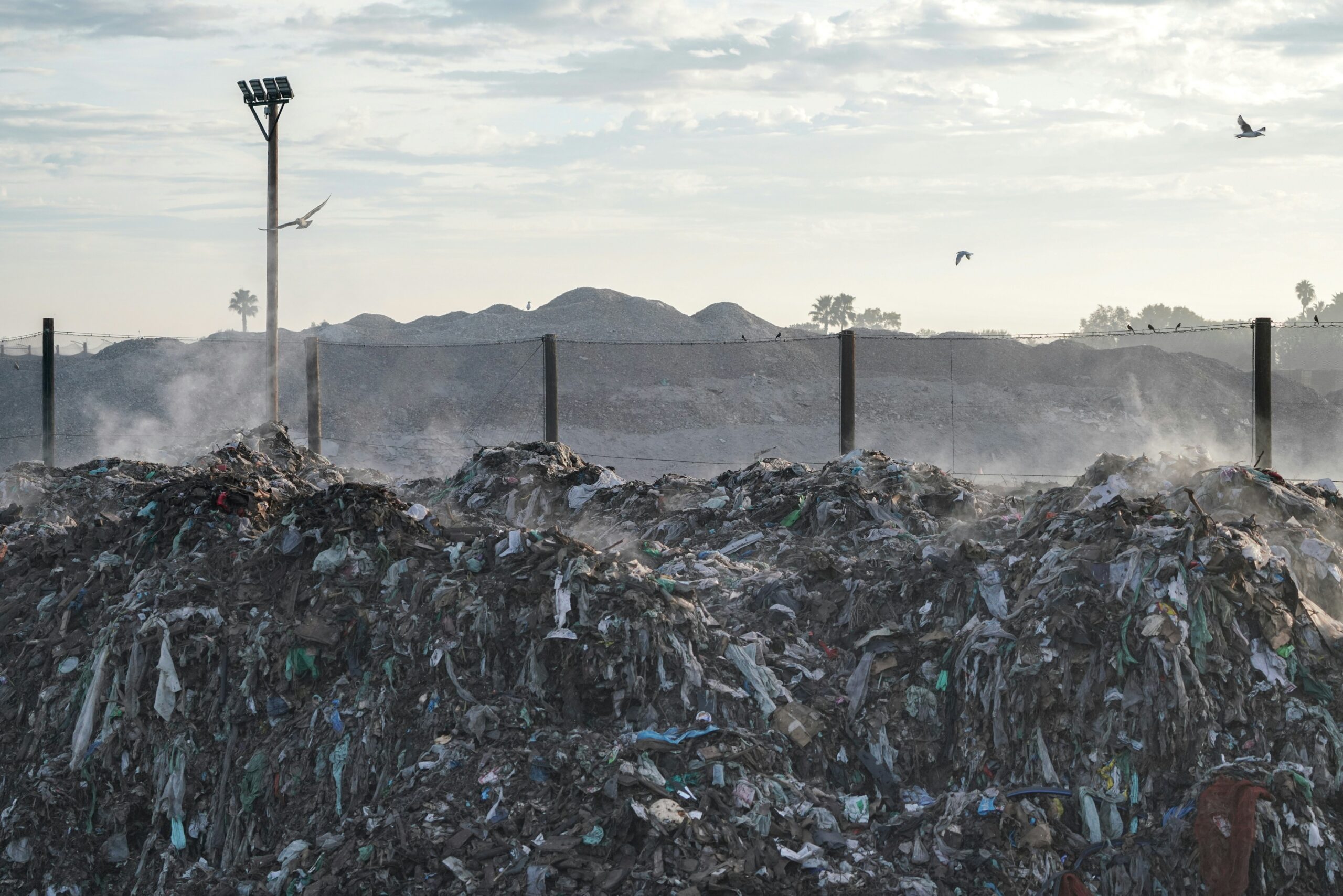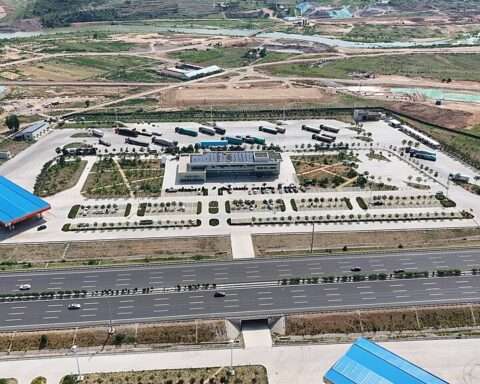This story was originally published in the Government Contracting Pipeline newsletter from Strategic Partnerships, Inc. To have the latest government contracting news stories from across the country delivered straight to your inbox, click here to subscribe.
The Colorado Energy Office (CEO) and the city of Denver will share two awards from the Environmental Protection Agency (EPA) totaling $328.7 million to decarbonize buildings and reduce greenhouse gas (GHG) emissions.
The Denver Regional Council of Governments (DRCOG) will receive $199.7 million to implement the Decarbonize DRCOG initiative. The program will prioritize decarbonizing commercial buildings, increasing local government capacity and access to climate-focused work and implement methane emissions monitoring and reporting. The state estimates the project prevent 148.2 million metric tons of GHG emissions from entering the atmosphere between 2025 and 2050.
The project will electrify and weatherproof more than 60,000 buildings, improving access to healthy, climate-friendly homes for low-income, disadvantaged communities. In addition, DRCOG will invest in job education for 3,800 workers and upskill 1,000 existing workers to supplement the workforce.
Aside from awarding 30 grants to help recipients adopt electrification and energy efficient measures, DRCOG will also provide financial support to help local governments advance zero-emission building policies. Plans include providing free energy advisement to residential, multifamily and commercial building owners.
The CEO will spend $129 million to develop grant programs to accelerate decarbonization of large commercial buildings and sectors with significant methane emissions from landfills, coal mines and natural seepage. The state anticipates the GHG reduction efforts will prevent 25 metric tons of CO2 from entering the atmosphere between 2025 and 2050.
Plans include deploying methane monitoring technology to enhance the quality of data gathered from polluted sites and large commercial buildings. The data will help inform regulatory policy, enabling the state to better address methane emissions in disproportionately impacted communities. The state’s current and future monitoring and measurement programs will also reduce GHG emissions from landfills and coal mines.
The CEO will distribute awards and support to local governments to further decarbonization efforts in the transportation, waste and materials management, electric power, buildings and land-use sectors. In addition, the state will upgrade the energy efficiency and electrification in commercial buildings to reduce GHG emissions and improve cost savings.
The EPA allocated the funds from the Climate Pollution Reduction Grants (CPRG) program. The CPRG program provides financial support to eligible recipients to develop and deploy plans to reduce harmful air pollutants. Awarded projects will address climate change, reduce air pollution, support environmental justice and transition the nation to clean energy.
Colorado is one of 25 applicants chosen to receive a portion of the recently announced $4.3 billion in CPRG funding. The most recent round of funding prioritizes reducing GHG emissions in the agriculture and working lands, transportation, commercial and residential buildings, industry, waste and materials management and electric power sectors.
Photo by Katie Rodriguez on Unsplash













